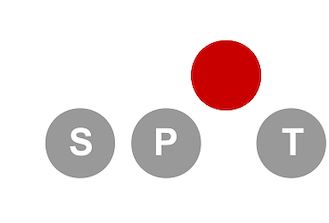Abstract. This work proposes a multilevel framework called Treasure Hunt, which is capable of distributing independent search algorithms to a large number of processing nodes. Treasure Hunt ensures quick propagation of information and explores a driving mechanism, obtaining joint convergences between working nodes. Experiments on classic, random and competition benchmarks of various sizes and complexities, using the search algorithms PSO, DE and CCPSO2, show that Treasure Hunt boosts the inherent characteristics of these search algorithms, consistently improving the optimization results, making poor performer algorithms to become comparable to good ones, and good performer algorithms to extend their limits to larger problems. Results suggest that the sampling mechanism provided by Treasure Hunt reduces the need for large population sizes, increasing cooperation between multiple evolving populations, which is specially important in problems with time-consuming fitness functions, due to superior quality of optimization obtained per time frame. Experiments distributing Treasure Hunt instances, in a cooperative network up to 96 processes, show that the robust scaling of the framework reduces the importance of using complex search algorithms on complex problems.
Authors. Peter FrankPerroni, Myriam Regattieri Delgado, Daniel Weingaertner

